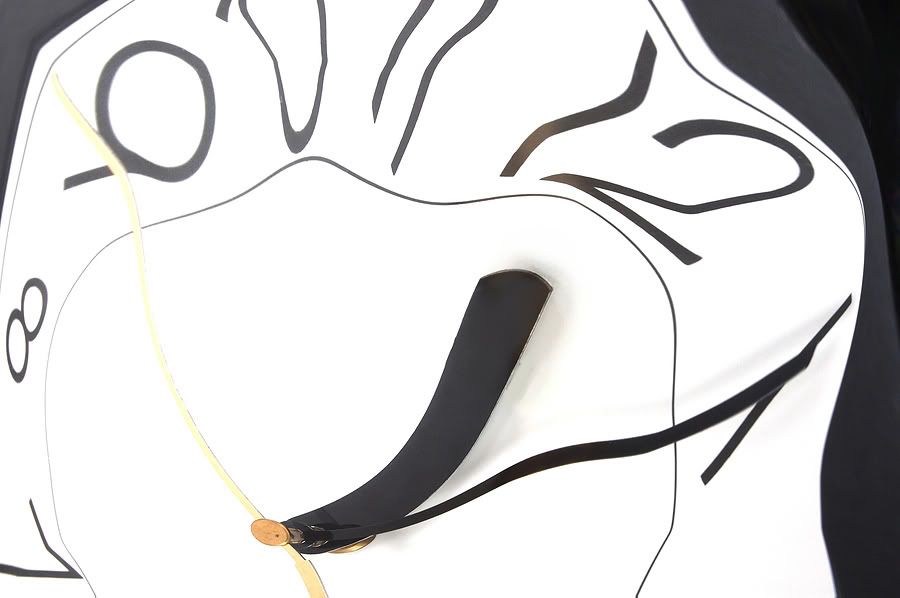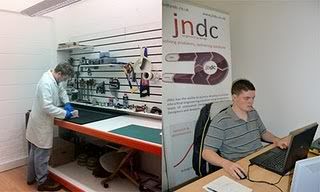The subatomic particles that are sent through the ground have beaten the speed of light, conflicting with Albert Einstein and his theory of special relativity.
The results of all the experiments have been put online to help find an explanation.
The news is thrilling as possibilities of time travel now seem a little more achievable, however maybe not in my life time. All the films and books on the subject start to seem realistic, HG Wells would surely approve.
For any budding Albert Einstein's the link is below:
http://static.arxiv.org/pdf/1109.4897.pdf
These results have shown the importance of research and development funding. The conclusions for the future could be a revolution in physic.




